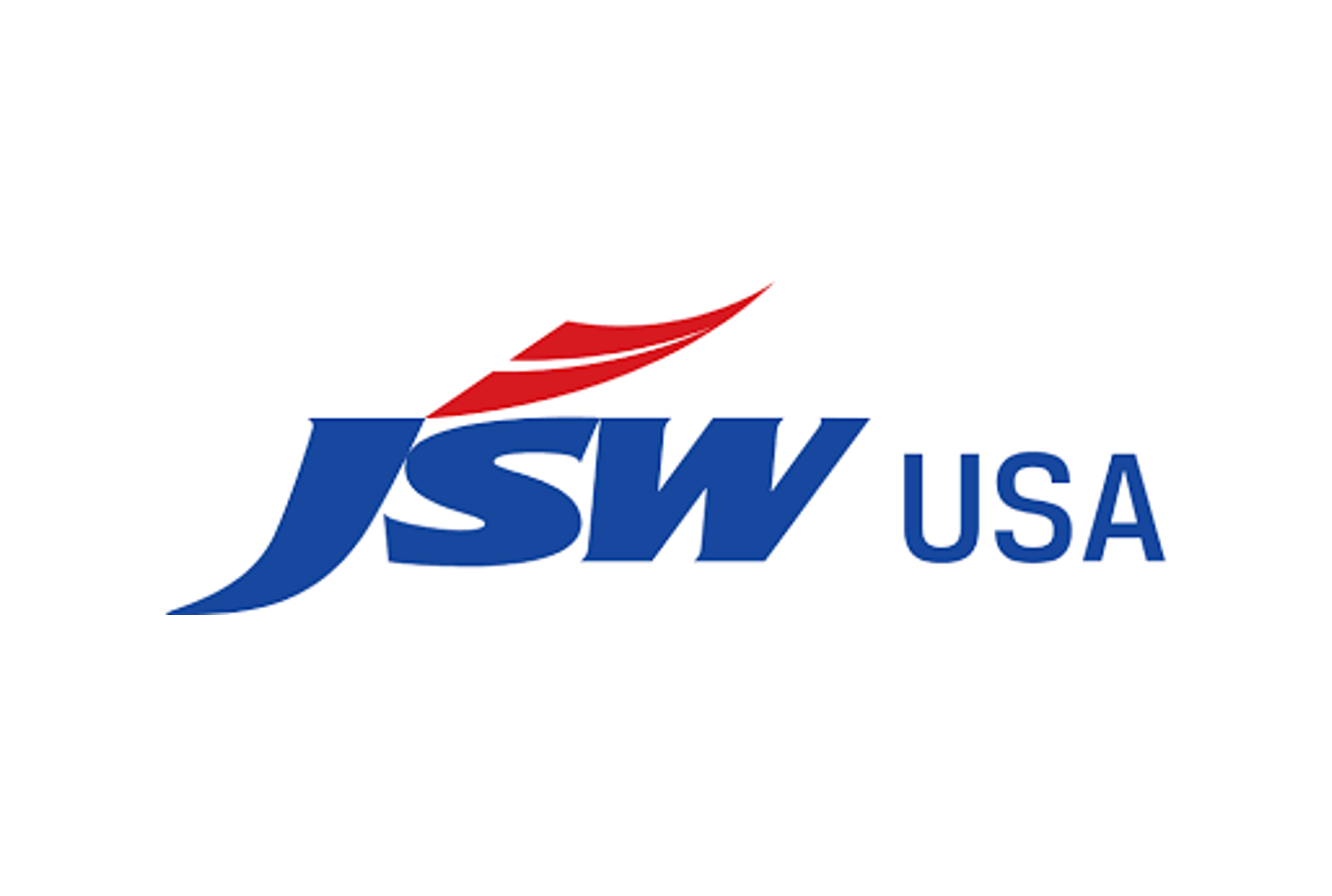Sheet
March 8, 2024
AISI: January steel shipments up from December, down vs prior year
Written by Ethan Bernard
US steel mill shipments increased in January vs. December but fell from a year earlier,
Domestic steel mills shipped 7,384,454 short tons (st) in January, up 4.3% from 7,082,921 st in December, according to the latest data from the American Iron and Steel Institute (AISI).
But that is a 2.3% decrease from the 7,555,270 st shipped in January of last year.
Comparing January shipments to the same month a year earlier, cold-rolled sheet was up 8%, and hot-rolled sheet and corrosion-resistant sheet each rose 4%, respectively.
AISI shipments data cover 35 total product groups, of which the listed products above are some of the top categories and represent the majority of shipments.







